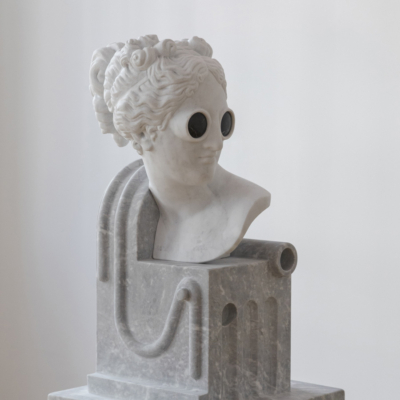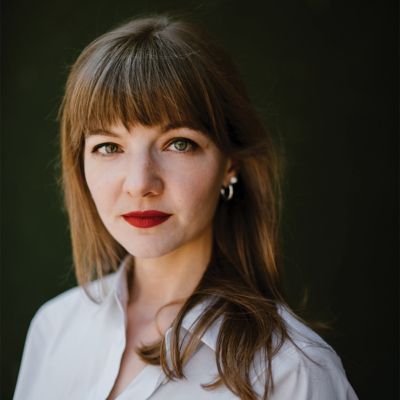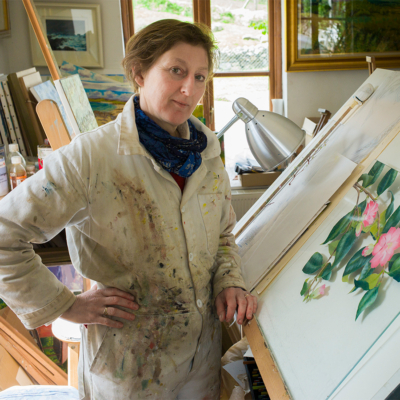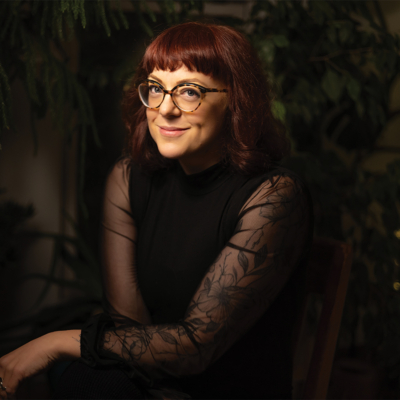As The New York Times journalist explains, her new high octane novel is based on her real life experience working with female spies for the British government …
The inspiration for my novels The Chase and The Traitor came from real life because, when it comes to spies, reality is far stranger than fiction. In some ways, the idea for these books goes all the way back to 2006, when two Russian assassins dripped polonium into a pot of tea in an expensive London hotel in an elaborate plot to murder an ex-Russian spy named Alexander Litvinenko.
The plot worked and Litvinenko died, but the knock-on effects of this crime were huge. An incident like that could not be covered up. It was brutal and clumsy, and it dragged the secret war between Russia and the West out of the shadows and into the light. For a brief moment, everyone could see very clearly that the Cold War never truly ended but raged on, furiously but quietly, just out of our view. And Britain was at the centre of it.
When the Litvinenko murder happened, I had some knowledge of this world already, as I had taken a job working for the government in a role connected to intelligence. I wasn’t a spy but I worked with people who probably were. I’m aware this sounds a bit vague, but in all honesty it’s impossible to tell who is and isn’t a spy. Nobody walks up to you and says, “Hi, I’m Frank. A spy.”
Instead, they say, “I’m Tom from Accounts.” They give themselves the kind of job title you don’t think about twice, and the kind of name you accept. You may well have met a spy at some point in your life, at an airport or a train station, perhaps a helpful woman picked up your child’s toy, which had fallen to the ground, and made polite conversation before walking on again. And you would never know that you’d been met, identified, and assessed in a quick, efficient encounter that you could barely remember ten minutes later.
It is their job to be invisible, and to find out all they can from the people they investigate and to disappear before their targets become suspicious. James Bond would fail utterly as a spy in real life; he’s far too handsome and attracts altogether too much attention. What you need is someone who looks ordinary. Someone smart and sharp, who can slip through life unnoticed.
I think this must be why I didn’t know Eve was a spy when I met her.
Back then, I’d only just started working with counter-terrorism and my security clearance hadn’t yet been finalised. It was during this uncertain time, that I came across a young woman in the office kitchen. She was new, she said, and did I know if it was okay to use the milk that was in the fridge? Oh, and by the way, where were the teaspoons?
It was all so casual – so normal – I never thought twice about it. Not then, and not the next day when I ran into her again in my favourite coffee shop nearby. She was friendly and chatty, about twenty-eight years old, with wavy blonde hair and an open smile. She said she worked in the legal department and, over coffee and the occasional lunch, she revealed little about herself, but instead turned the conversation around to me.
‘Your brother was in the military? How interesting. When was that? Was anyone else in your family in the army?’
She had a knack for asking the kinds of questions that threw me slightly off balance, and meant I was always, somehow, explaining myself. But she was charming, and for a few weeks we were office friends, grabbing coffee or lunch and a chat. Until one day she disappeared. Her name evaporated from the office email system. It was as if she’d never existed.
That same week, I received my security clearance.
No one ever acknowledged that Eve had been investigating me but I firmly believe she was a spy, finalising my background check. I felt like an idiot. I’d believed her completely. But in my defence, I’d never met anyone who lied so fluidly.
Over the next five years I would meet a lot of spies. A few of them even became my friends, or at least I think they did. It’s hard to tell in that shadowy world. There was so much they couldn’t tell me. So much I wasn’t supposed to know.
Years after I left that job, when I sat down to write a novel about a spy, it was Eve who came to my mind. Eve and Alexander Litvenenko, and all the current and former Russian spies living inside the UK, whom we know nothing about. I wanted to write about all the things I wasn’t allowed to see when I stood on the edge of that shadow war that is constantly being waged.
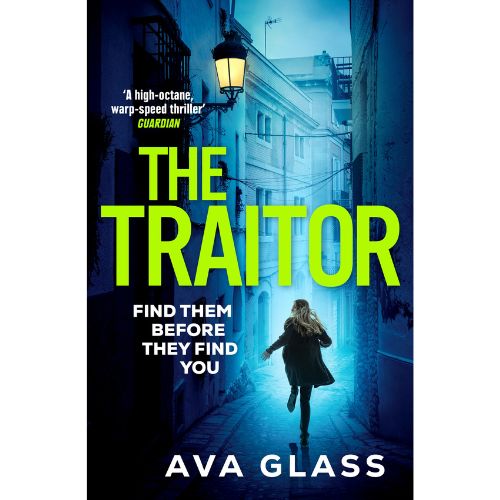
The Traitor by Ava Glass, published by Penguin Ireland is out now.







